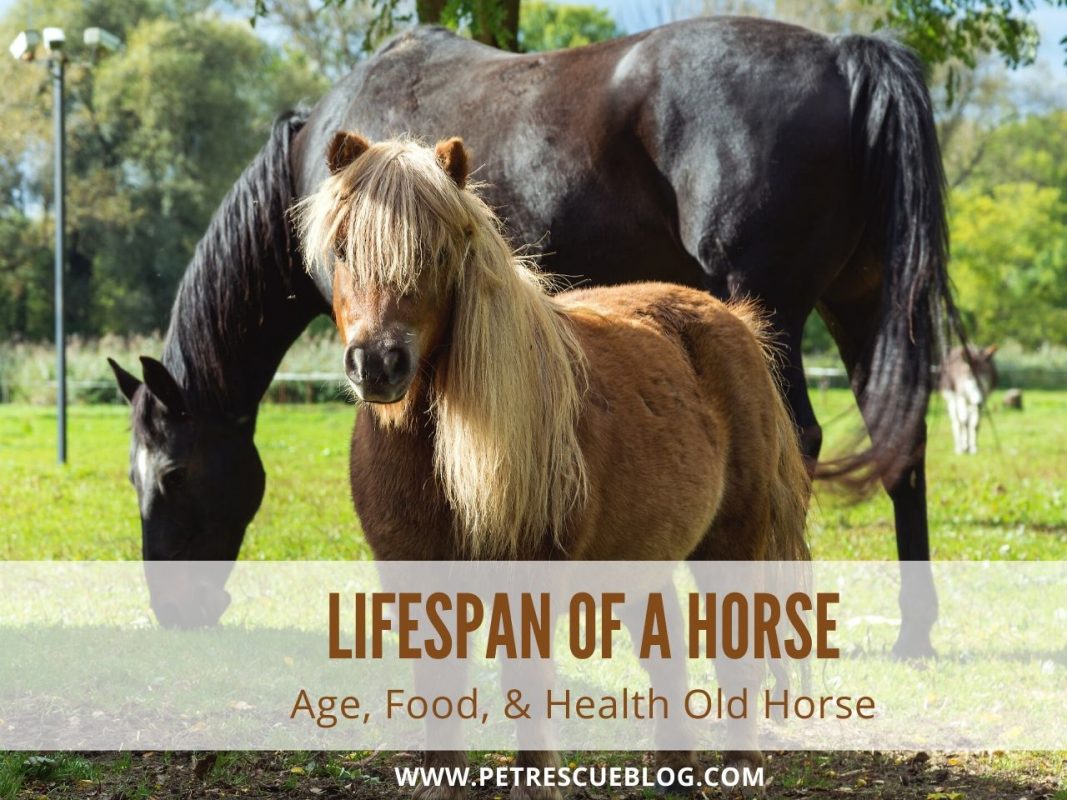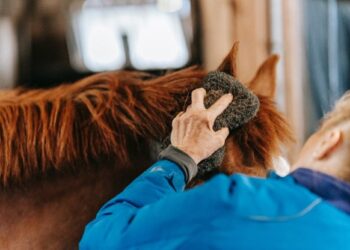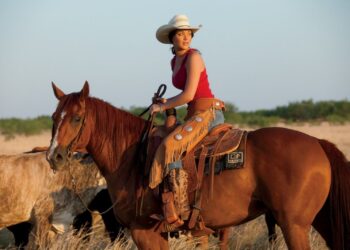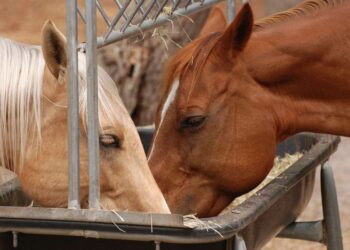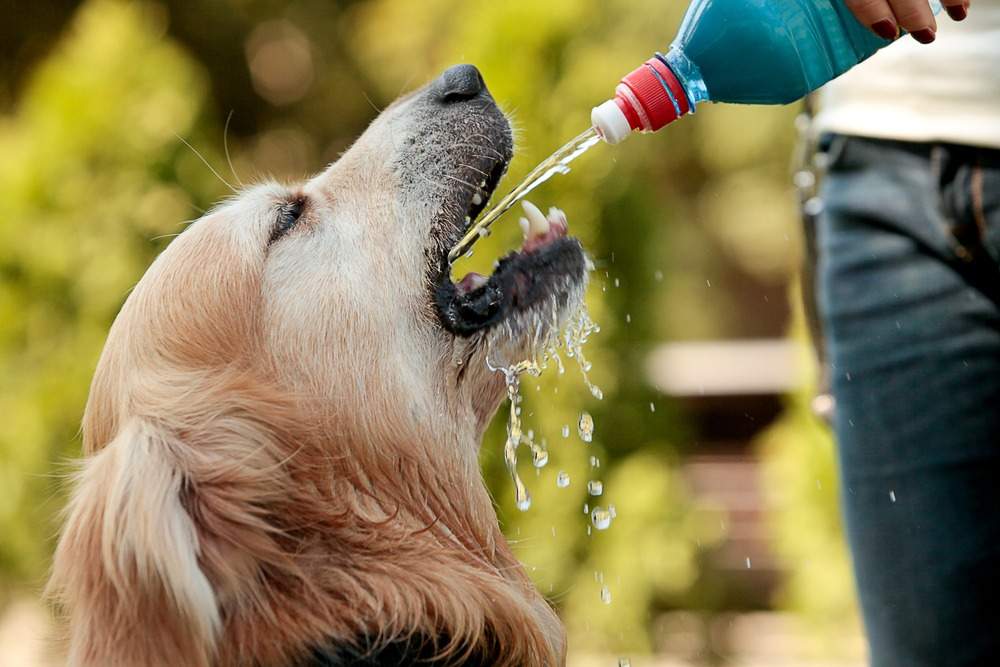Horses, like humans, are living longer than ever before thanks to a better understanding of their health and to medical care that has improved a lot.
Not so long ago, the age of 25 was considered an advanced age for a horse! If the lifespan of horses has increased, it is also because we – the owners – take better care of them. And most of us hope for optimal longevity for our companion.
So what is the life expectancy of a horse, ie how long can it live? What should you know about your old age? How old can you ride your horse? How should the diet of the elderly horse be adjusted? Without forgetting the health problems specific to old horses.
How long does a horse live?
There are a few breeds of horses known to be able to live beyond 35 years. The draft horse is one of those rare exceptions; he can live and be of service for more than 50 years.
The life expectancy of a horse
Overall, the average lifespan of a horse is between 20 and 35 years.
But not everyone is the same in front of this age range. A distinction must be made between small horses – as well as ponies – whose height at the withers is between 40 and 148 centimeters, from large horses, whose height at the highest withers can reach 220 centimeters.
In small horses and ponies
The question “How long do horses live?” Cannot be answered in general. Small horses, of the Fjord and Icelandic breeds in particular, often live longer than their larger counterparts; they can easily reach 30 to 35 years of age.
This is partly explained by the fact that they are not fully developed before the age of seven or eight and therefore mature late. They often stay “in service” until more than 20 years (can be mounted and will be able to work longer), unlike large horses.
In large horses
Large horses, on the other hand, generally live only 20 to 30 years.
Cold-blooded horses, in general already fully developed at 3 or 4 years of age, have a life expectancy of only 16 to 18 years.
The lifespan of a horse in Half-breed breeds reach an average age of 20 years. They will not have completed their full growth until around the age of five.
You May Like: 500 Racehorse and Horse Names
As for the thoroughbreds, they will live around 25 years, depending on the use for which they are intended. If they are, for example, used as professional competition horses, they will tend to die sooner. Indeed, they are subjected to higher physical and psychological stress in their competitive life.
As for the wild horse breeds
On the other hand, the wild horse breeds, derived centuries ago from fleeing domestic horses, can exceed 35 years. The original wild horses no longer exist. Almost all of the existing breeds today come from escaped domestic horses, much of it native wild horses having been exterminated or domesticated by humans.
Separate races will, therefore, have different characteristics and life expectancy; this is why it is very complicated to give an equivalent in human years to the age of the horse. Opinions differ on this subject as to a precise correspondence table.
Record ages reached by horse and pony
The oldest horse in the world
Born in 1760 in the British village of Woolston and bred by Edward Robinson, the Old Billy horse died in 1822 at the age of 62, a record that made him the oldest horse in the world today.
The oldest pony in the world
Obtained from the cross between an Exmoor and a Shetland pony, Sugar Puff lived in England in Sussex. He died at the age of 56, making him the oldest pony in the world.
Old age in horses
When is a horse considered “old”?
In young horses, one year of life corresponds to approximately 3.5 years of human age. So a 10-year-old horse can be compared to a 35-year-old human being. This conversion factor varies according to the age reached by the horse. For older horses, one year will, therefore, correspond to about three human years.
You May Like: Horse blanket: when it is useful for equine health
Thus, a 20-year-old horse will have the human age equivalent of a 60-year-old person. In general, a horse is considered “old” when it has reached the age of 20 years. This does not mean that all horses 20 years and older are indeed old: many of them are still in excellent condition.
What are the signs of horse aging?
Can I delay the aging of my horse?
Unfortunately, you cannot delay the aging of your horse. It is a natural organic process, part of which is predetermined by the genetic material of the breed. However, you can contribute to his good health by feeding and maintaining him as well as possible, and by providing him with care adapted to his needs.
But despite ideal conditions, you have no guarantee that he will reach a great age, And sometimes fate decides that your beloved horse will have to go sooner than you would have liked (illnesses, accidents, etc).
How old can my horse be?
Many horse owners are not sure what to expect from their old animal. Indeed, there is not a fixed “retirement age” in horses, and the period of time during which you will have the leisure to ride your companion is not predictable. It depends above all on his state of health and history.
It very much depends on what he went through
A sports horse that has been subjected to intensive training since its young years can develop serious joint problems, or a saddleback, from the age of 12 years. In contrast, some recreational horses can still be ridden, without an excess, of course, over 30 years old. It is recommended to regularly subject them to moderate effort. Trekking and trekking horses, for example, often stay in shape until old age.
Watch out for muscle atrophy
Often, the horse indicates by itself that it does not want to be ridden or will be unwilling to express that it has pain. If in doubt, get a veterinarian to judge the quadruped’s current carrying capacity. All horses must be regularly trained, even those that can no longer be ridden.
You May Like: Boy Cat Names; Find the Perfect Male Kitten Name
Because just like humans, horses develop muscular atrophy that increases more and more with age; however, you can delay it by moving your pet! By offering him regular walks in the paddock or by guiding him by hand, you will have a beneficial impact on his health.
How to adapt the diet of an old horse?
The digestive system of the elderly horse no longer works as well as it used to. This is why an adapted diet is extremely important for your senior.
Special food for older horses
Forages rich in fiber – and of course free of dust – remain the staple food, even at an advanced age. In addition, your horse needs a complete diet including all the minerals and vitamins essential for him. If he needs more energy, we recommend giving him special feed for old horses: they are easily digestible and easy to chew.
Your elderly horse’s food should be low in sugar and starch to prevent possible metabolic problems. And if your horse can no longer chew properly, you can give him warm mash. Remember to give him permanent access to a source of freshwater.
Take dietary changes seriously
A change in diet is time-consuming and should never be done abruptly. The digestion of a horse – and even more so in the elderly – is very delicate and it will need time to get used to its new food. It is best to consult your veterinarian or animal feed expert before implementing any changes.
What are the specific health problems of old horses?
Dental problems
Horses have a mechanism to compensate for wear on the dental table: their teeth grow back from 2 to 3 millimeters per year. But it happens that their teeth eventually wear out, and sometimes fall out. Oftentimes, older horses have trouble chewing their food properly, which causes swallowing and poor digestion problems.
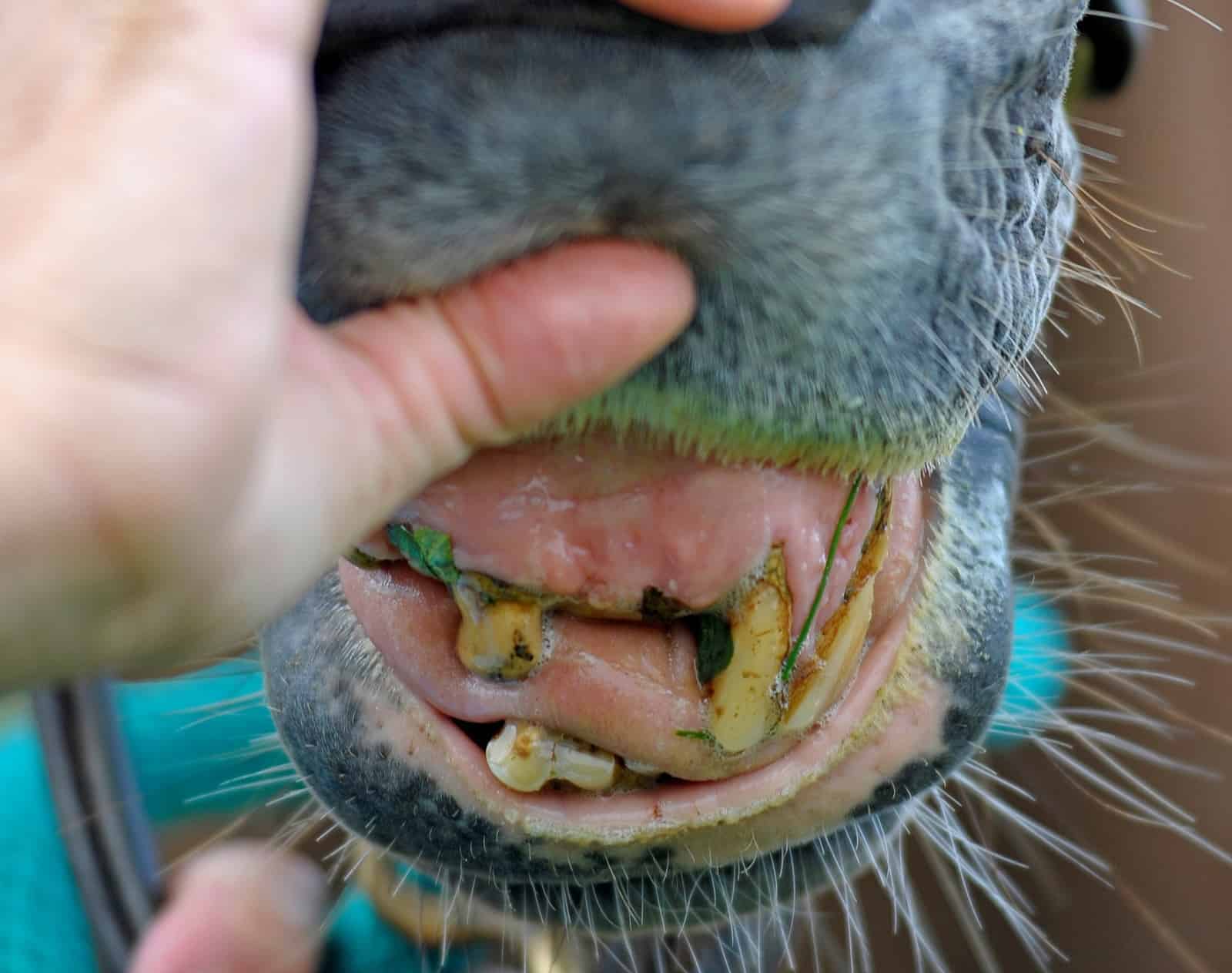
You May Like: 6 Most Common Horse Diseases
The remaining teeth often have ridges and sharp edges. These cause pain when eating, and can cause tongue and cheek injuries (they are often inflamed). Old horses also very often suffer from gingivitis and root problems. Defective teeth should be removed immediately by your veterinarian. And don’t panic if your horse has no teeth at all:
Osteoarthritis
Osteoarthritis sometimes affects one but often several joints of your horse, and old horses are very often affected. This results in stiffness and lameness, which disappears after a few minutes of exercise as your horse gets into legs. Generally, symptoms worsen in cold, wet weather. Osteoarthritis cannot be cured but can be slowed by certain medications. There is now a fairly recent food supplement like pain reliever, harpagophytum, which can relieve your horse.
Hormonal imbalances
The pituitary gland is a hormonal gland in the brain that plays a role in many bodily functions. In old horses, there is often degeneration of this gland, which causes the following symptoms:
- Laminitis; a long, thick coat which is no longer changed during the molt.
- A tendency to drink more water
- A tendency to urinate in larger quantities
Liver and kidney damage
Changes in the liver and kidneys are very common in older horses. As a result, these bodies can no longer properly perform their functions.
At first, horses will lose weight and appetite, which you may be able to compensate for with a change in diet. At a more advanced stage, your horse may change his behavior and become nervous, go around in circles and press his head against the wall. If you suspect a liver or kidney problem, call your veterinarian immediately. He will perform some tests to make a diagnosis and suggest the best procedure to follow.
Tumors
Certain types of tumors appear more frequently with age, but this point is much less evident in horses than in humans. But with the exception of sarcoid tumors and melanomas, they are quite rare. Sarcoids look like warts and can appear all over the body. Melanomas mainly occur in older, gray-coated horses, and are usually found on the eye, mouth, and around the anus.
Impact on reproduction
Fertility decreases as the horse ages. Hormonal changes eventually lead to sterility, both in mares and in stallions. In gelding (castrated horses), inflammation and swelling of the urethra can occur and cause difficulty urinating.


